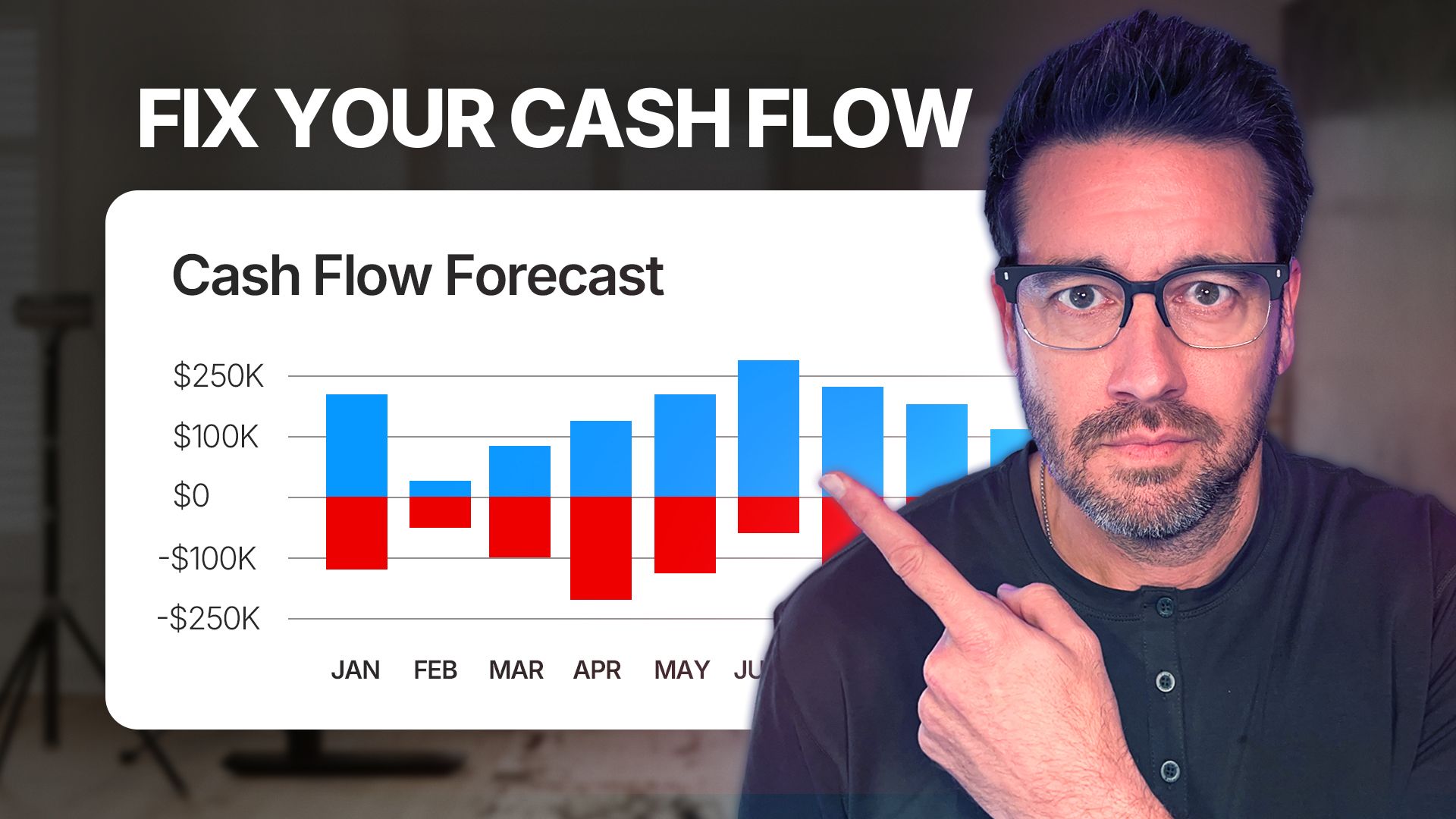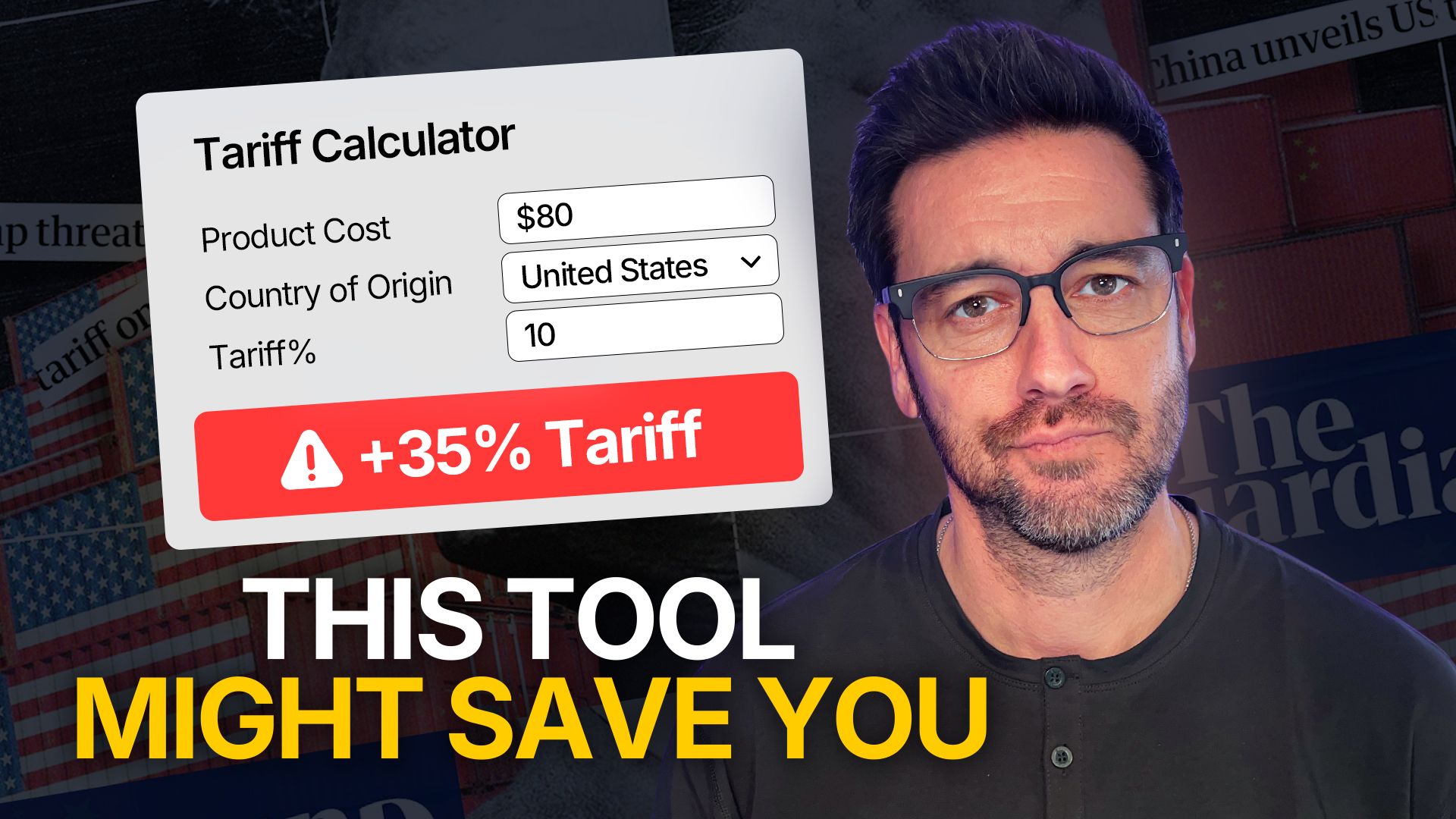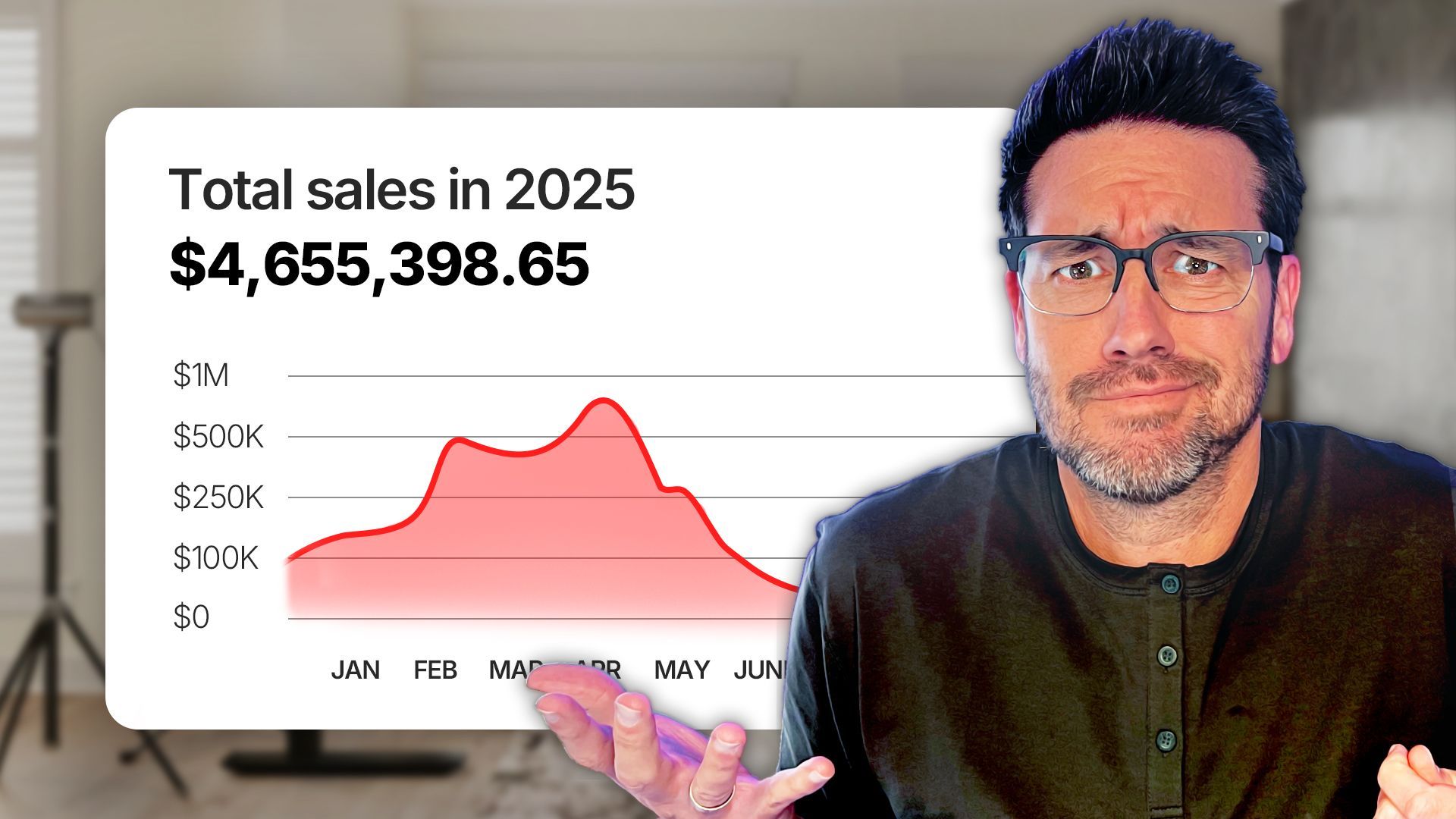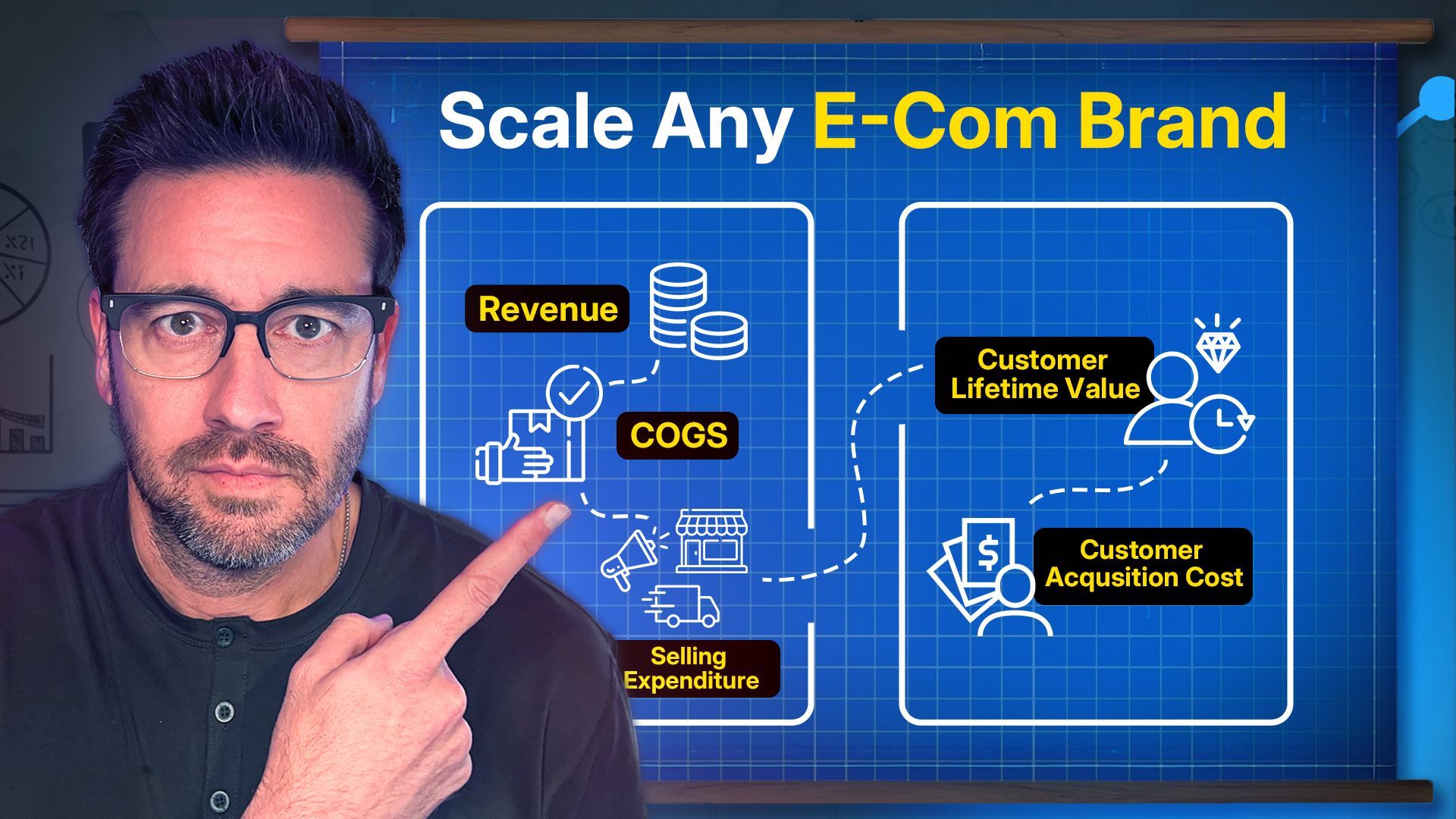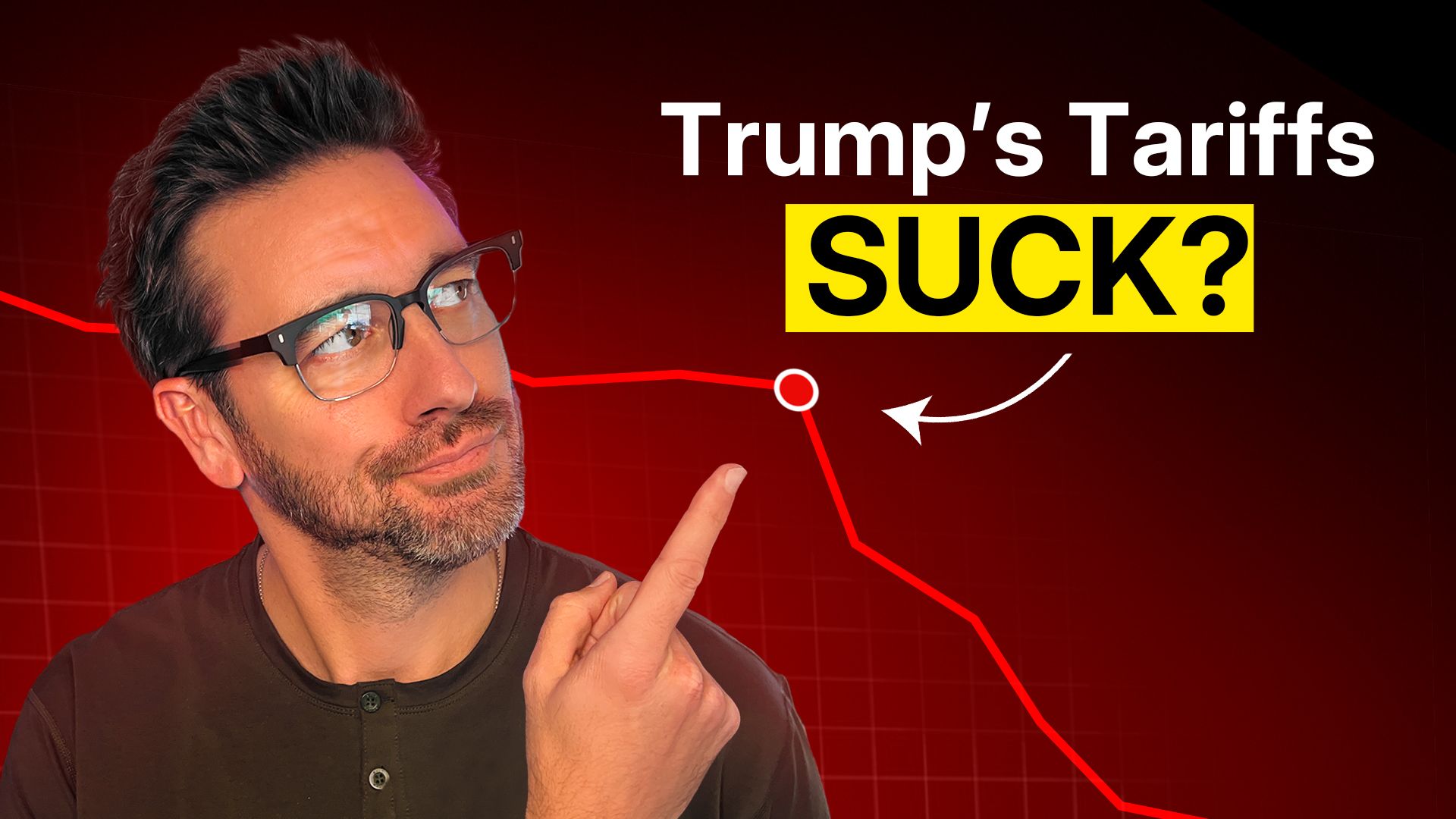4 Critical Cash Flow Leaks Crippling Your Ecommerce Brand (And How to Fix Them)
As an ecommerce brand owner, having a profitable business on paper doesn't always translate to healthy cash flow. Many direct-to-consumer (DTC) companies struggle with cash leaking out in subtle yet damaging ways.
That's exactly the challenge Jeff faced when his $5 million DTC brand was still drowning in cash flow issues despite showing profitability. No matter how hard he tried to cut expenses or delay payments, he couldn't pinpoint where all the cash was going.
As Jeff's fractional CFO, I uncovered four critical aspects leaking cash from his business. After addressing these problem areas over four months, we transformed his brand into a cash flow positive operation with a growing cash reserve.
If your ecommerce company is wrestling with similar cash drains, read on. I'll outline the same four cash flow leaks we identified in Jeff's DTC brand and how we solved them.
Leak #1: Debt with Hidden Costs
When businesses face a cash crunch, services like Shopify Capital can seem like an easy solution. Jeff took a $650,000 loan — but at a steep price:
- 17% of every deposit went straight to Shopify to pay back the loan
- The excessive fees translated to an extremely high APR
- Once committed, it's difficult to get off that loan train
While startup funding can provide a cash injection, the hidden costs and inflexible terms often create new problems. We addressed this by:
- Securing a traditional line of credit at a much lower APR
- Gaining flexibility to draw and repay capital as needed
- Escaping the Shopify loan just in time before major cash bleed
Key Takeaway:
Be cautious with short-term lending services that can saddle your business with high fees and limited repayment options. A traditional line of credit offers more control and lower costs.
Leak #2: Excess Inventory
Another major cash drain was Jeff's struggle with inventory management. Due to manufacturer minimums, he often ordered too much slow-moving inventory that tied up working capital.
Our solution involved:
- Liquidating dead stock through sales and promotions
- Renegotiating minimums for faster inventory turnover
- Forecasting demand to align inventory purchasing
With better inventory practices, Jeff avoided overstocking and converted existing dead weight into cash flow.
Key Takeaway:
Excess inventory ties up precious cash flow. Prioritize negotiating minimums, forecasting needs, and liquidating dead stock to free up working capital.
Leak #3: Payment Term Gaps
A major cash flow discrepancy arose from Jeff's wholesale agreements. While manufacturers required payment upfront, Jeff often waited 60-90 days to get paid from wholesale partners.
We solved this timing gap by:
- Renegotiating wholesale contracts for faster payments(e.g. 15 days)
- Extending payment terms with manufacturers
- Strategically closing the cash conversion cycle
Aligning cash inflows and outflows prevented Jeff's capital from getting trapped in receivables purgatory.
Key Takeaway:
Pay close attention to your cash conversion cycle. Renegotiate terms on both sides to prevent cash from getting stuck waiting on receivables.
Leak #4: Fulfillment Inefficiencies
Finally, Jeff's third-party logistics (3PL) setup was hemorrhaging cash through:
- Excessive shipping costs from suboptimal warehouse locations
- High storage fees from overstocked slow-moving inventory
We remedied this by:
- Moving part of inventory to a West Coast warehouse closer to most customers
- Negotiating lower storage rates after reducing excess stock
- Improving fulfillment speed and customer service
With a smarter fulfillment footprint and less bloated inventory, Jeff drastically reduced 3PL costs.
Key Takeaway:
Inefficient fulfillment leads to high shipping costs and storage fees. Optimize your warehouse locations and inventory levels to cut 3PL expenses.
From Sinking to Swimming in Cash
With debt restructured, inventory streamlined, payment cycles aligned, and fulfillment optimized, Jeff's ecommerce brand flipped from cash-starved to cash flow positive in just 4 months.
No longer strapped for working capital, Jeff gained the financial flexibility to reinvest in customer acquisition and accelerate the brand's growth trajectory.
If your direct-to-consumer brand is plagued by cash crunches despite strong sales, don't struggle alone. As a specialized fractional CFO for DTC companies, I can dive deep into your finances to reveal hidden cash drains and create a strategic action plan.
Reach out for a free consultation, and let's get your cash flowing freely again.
Ready to Fix Your Cash Flow Leaks?
See the fractional CFO process in action by watching the full video breakdown:
 Watch on YouTube
Watch on YouTube
